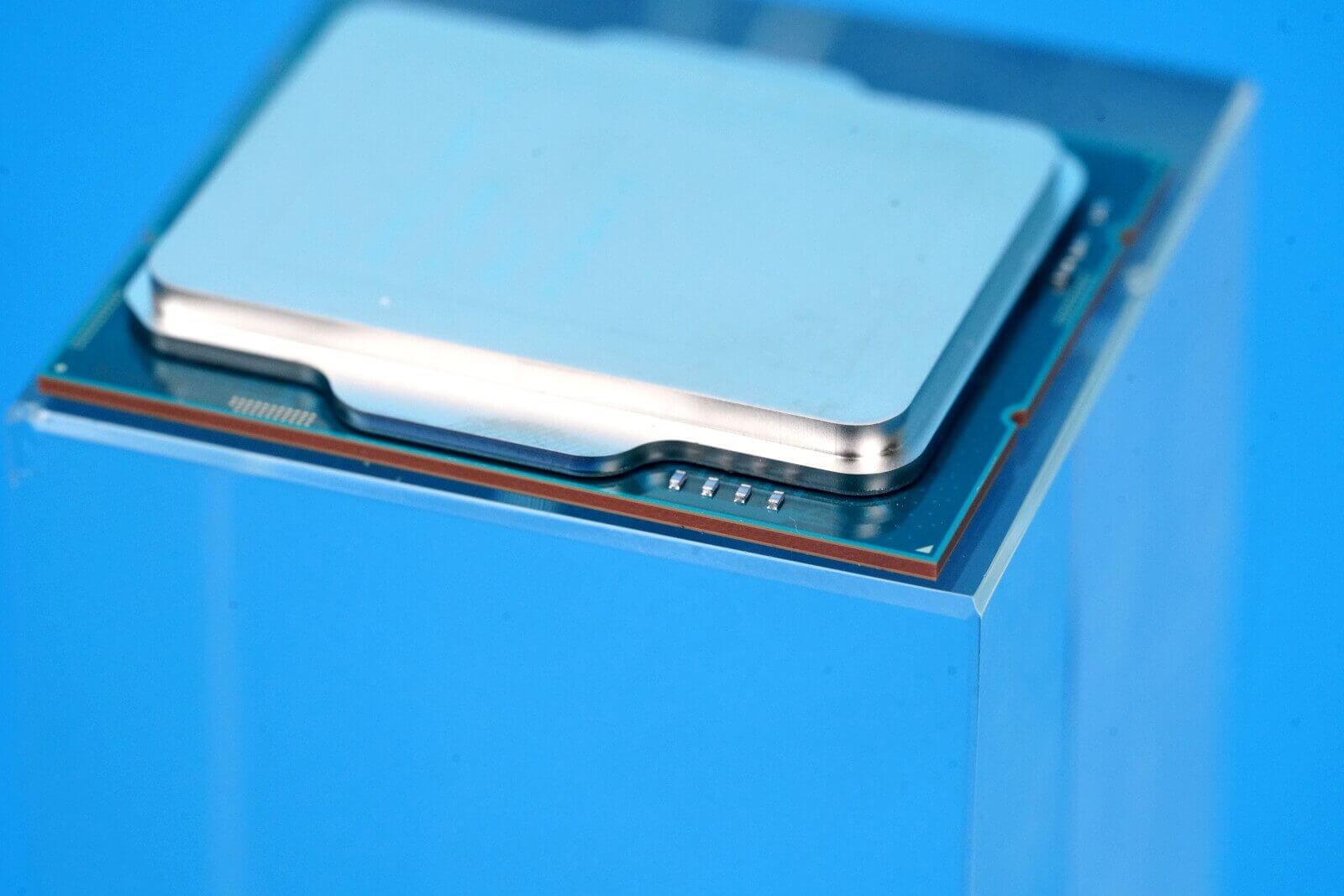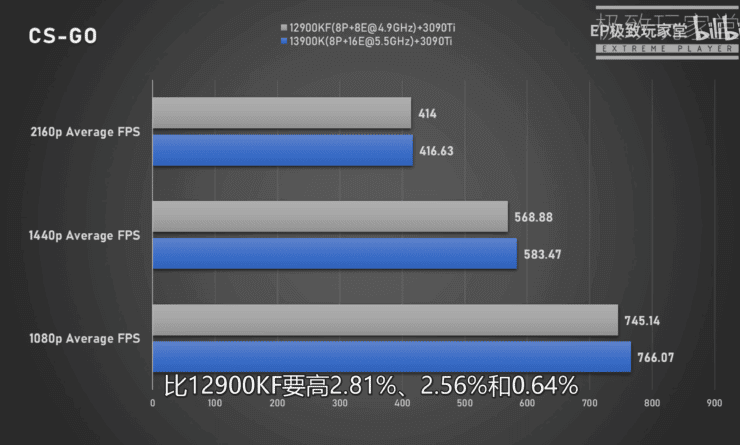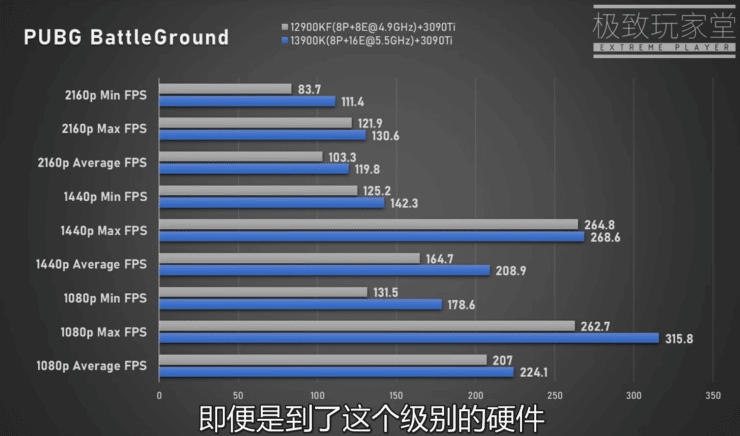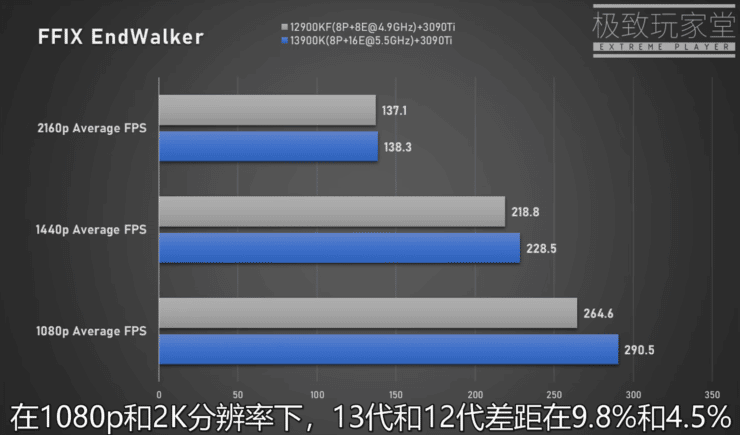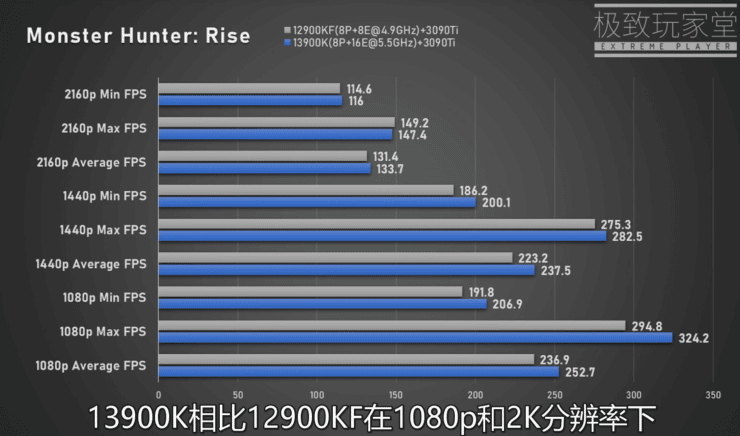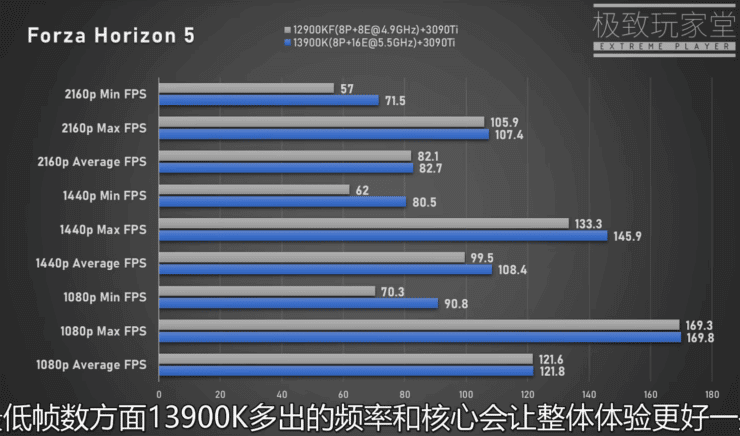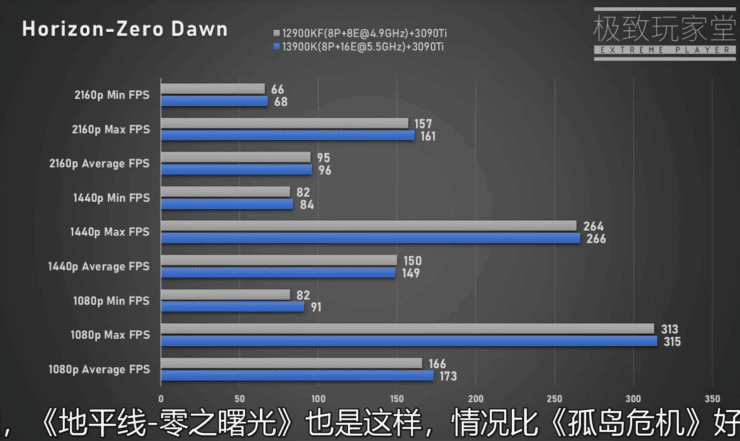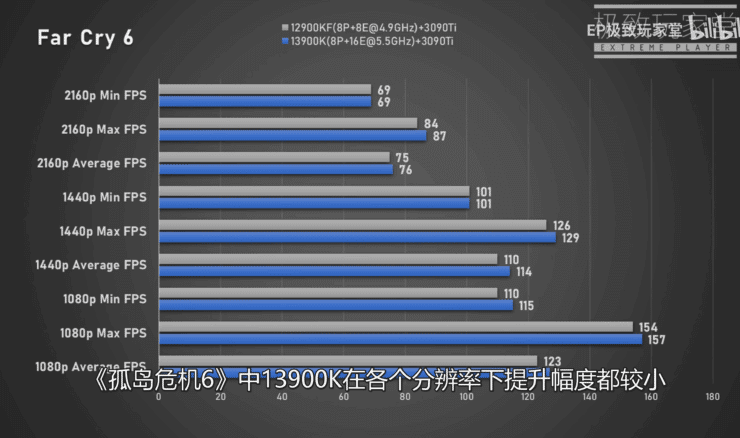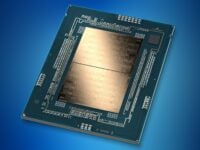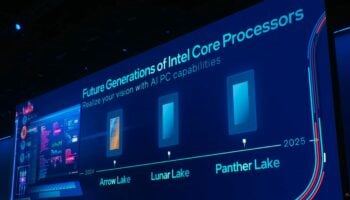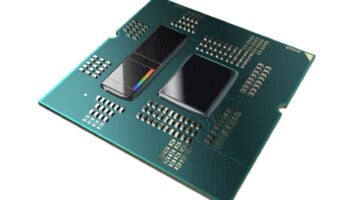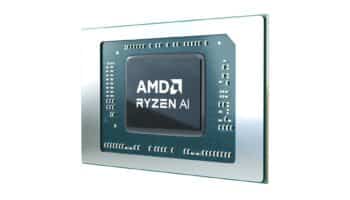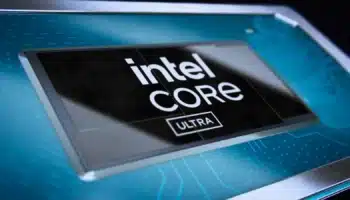The gaming benchmarks of Intel’s 13th Gen Raptor Lake-S flagship have surfaced. The Core i9-13900K featuring 24 cores (8P + 16E) is set to launch in the final months of 2022, refining Alder Lake’s hybrid core design all the while throwing in more Gracemont cores into the mix. The benchmarks come from “Extreme Player” on Bilibili (via: @HXL on Twitter):
The 13900K offers just the kind of performance gains you’d expect from a refresh. On average, it’s 3% to 7% faster than the Core i9-12900K gaming depending on the resolution. 1440p or QHD sees the most improvement in averages, gaining 7% over the Alder Lake flagship. At 1080p, it’s faster by 4.46% with 4K seeing a paltry 3% increase.
The minimum frame rates see a healthy boost due to the increased cache hit rate. The minimum FPS at 1080p goes up by 27.99%, 1440p by 21.84%, and 4K by 11.65%. We also saw this with the Ryzen 7 5800X3D where the additional L3 cache chiplet increased minimum frame rates by reducing the impact of flushes in the case of an incorrect branch. The Core i9-13900K boosts game performance in the same manner, albeit on a much milder magnitude. The L3 cache has been increased from 44MB (on the 12900K) to 68MB on the 12900K. The L2 cache per core has also been doubled, bringing it up to 2MB per P core.
Other than cache, Raptor Lake refines gaming performance by raising the boost clock. This particular sample was running at 5.5GHz. The final retail SKU may reach clocks as high as 5.8GHz but it is not certain yet. And higher clocks usually imply more power consumption as is the case here. (modafinil buy poland) Open-world games like Horizon Zero Dawn and Red Dead Redemption 2 with plenty of onscreen objects/characters result in the highest increases (even at 4K). The latter slurps as much as 50% more power at 4K/2160p. On average, the Core i9-13900K draws around 20-25% more power than the 12th Gen Core i9-12900K.
It’s worth noting that power consumption usually increases sharply as you approach the limits of the chip. Therefore, boost clocks of 5.8GHz may not materialize, and if they do, the load (PL2) power may be unreasonably high.
